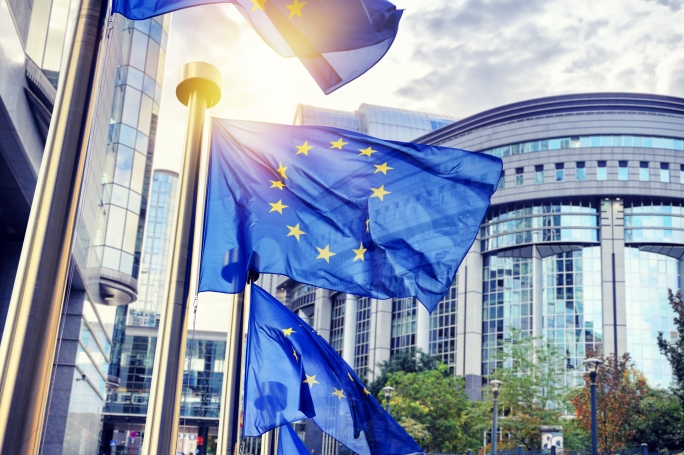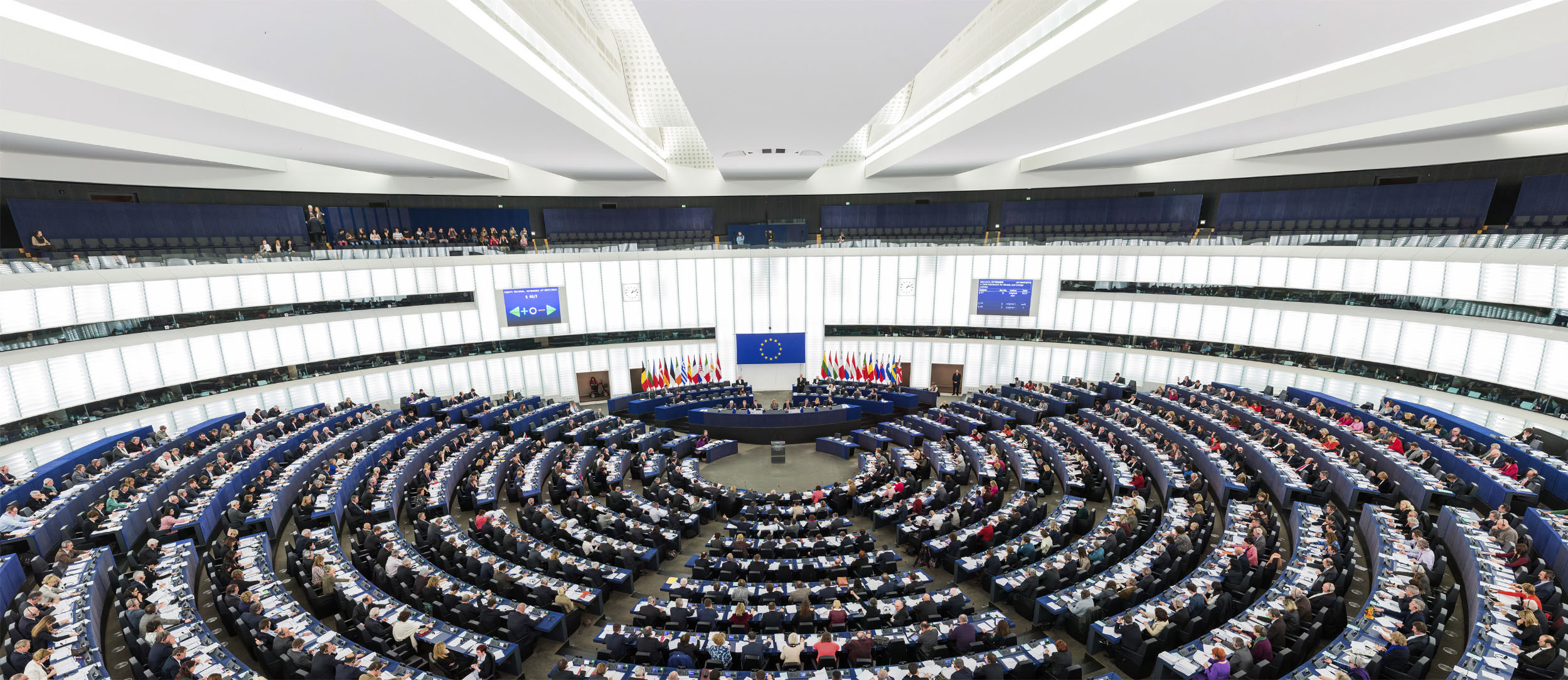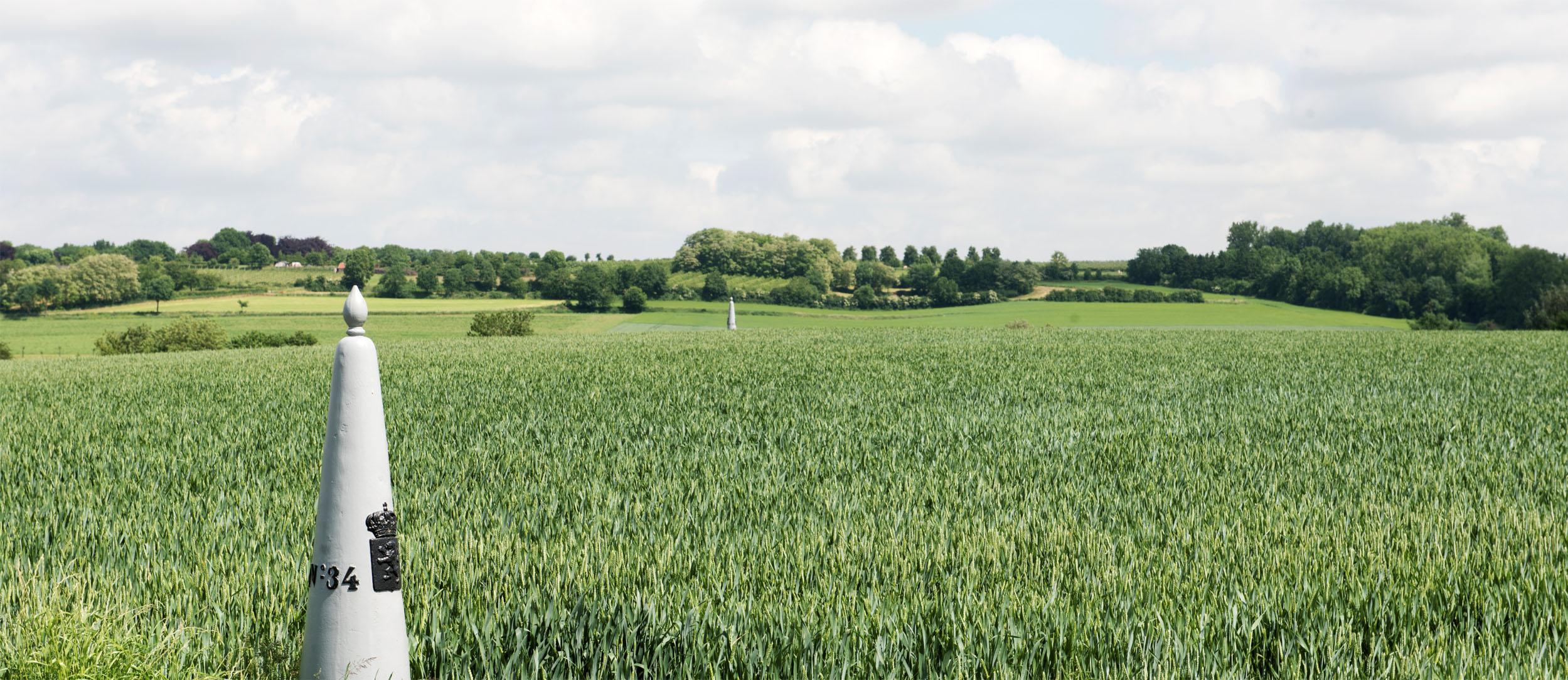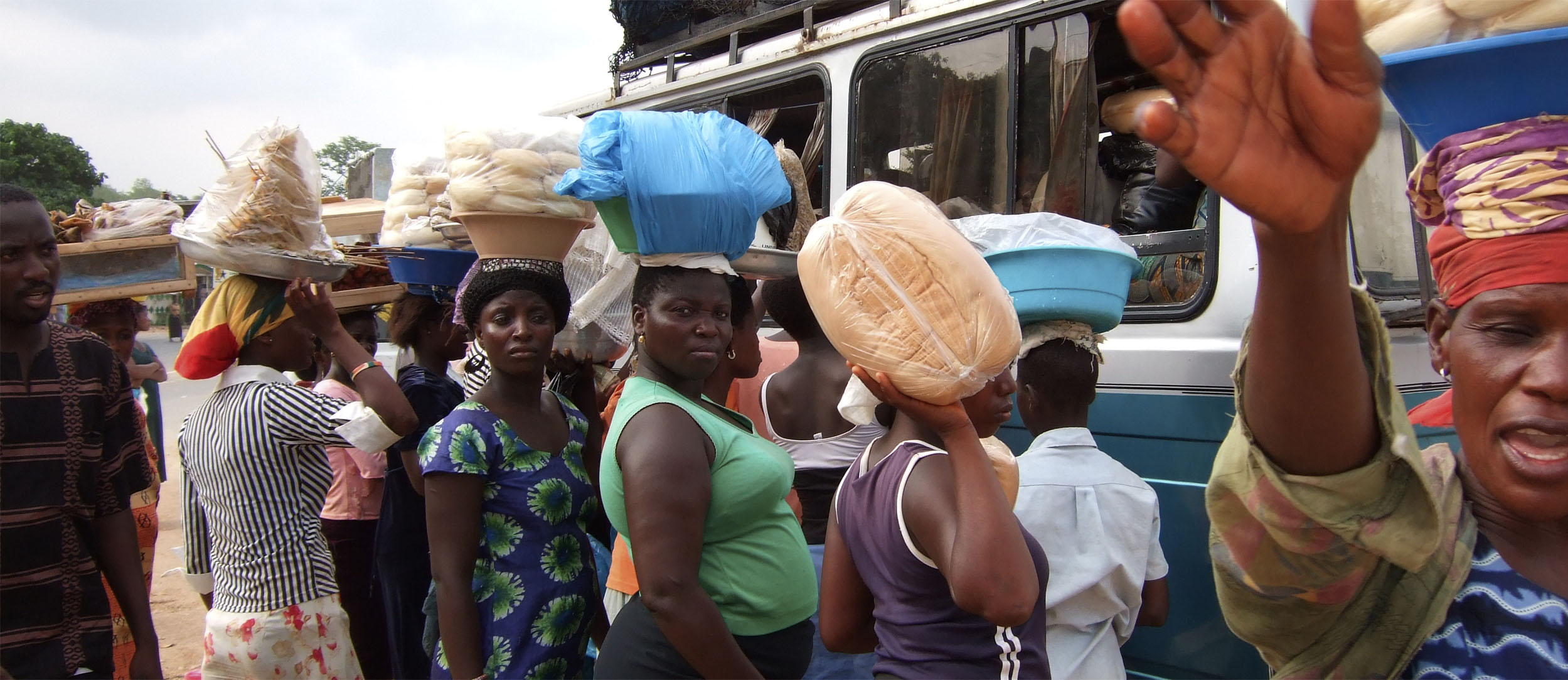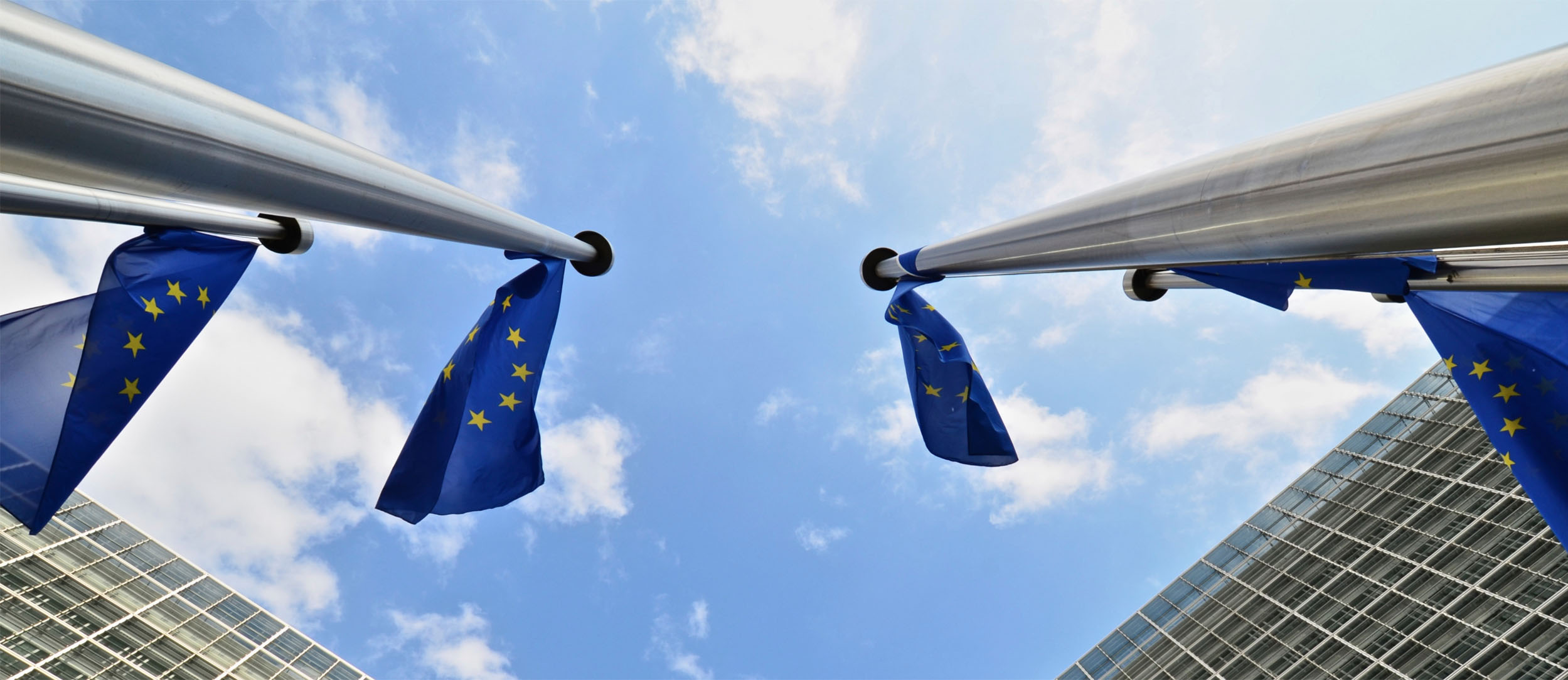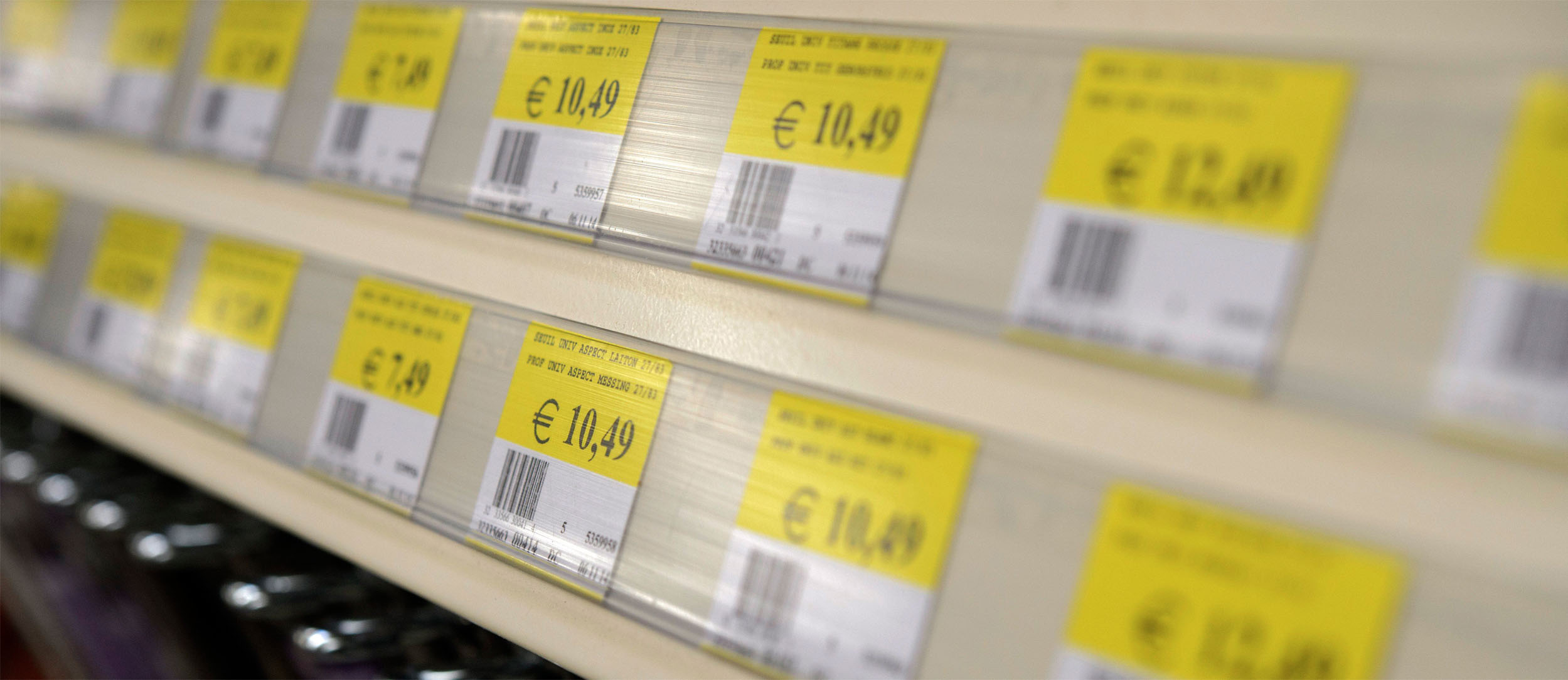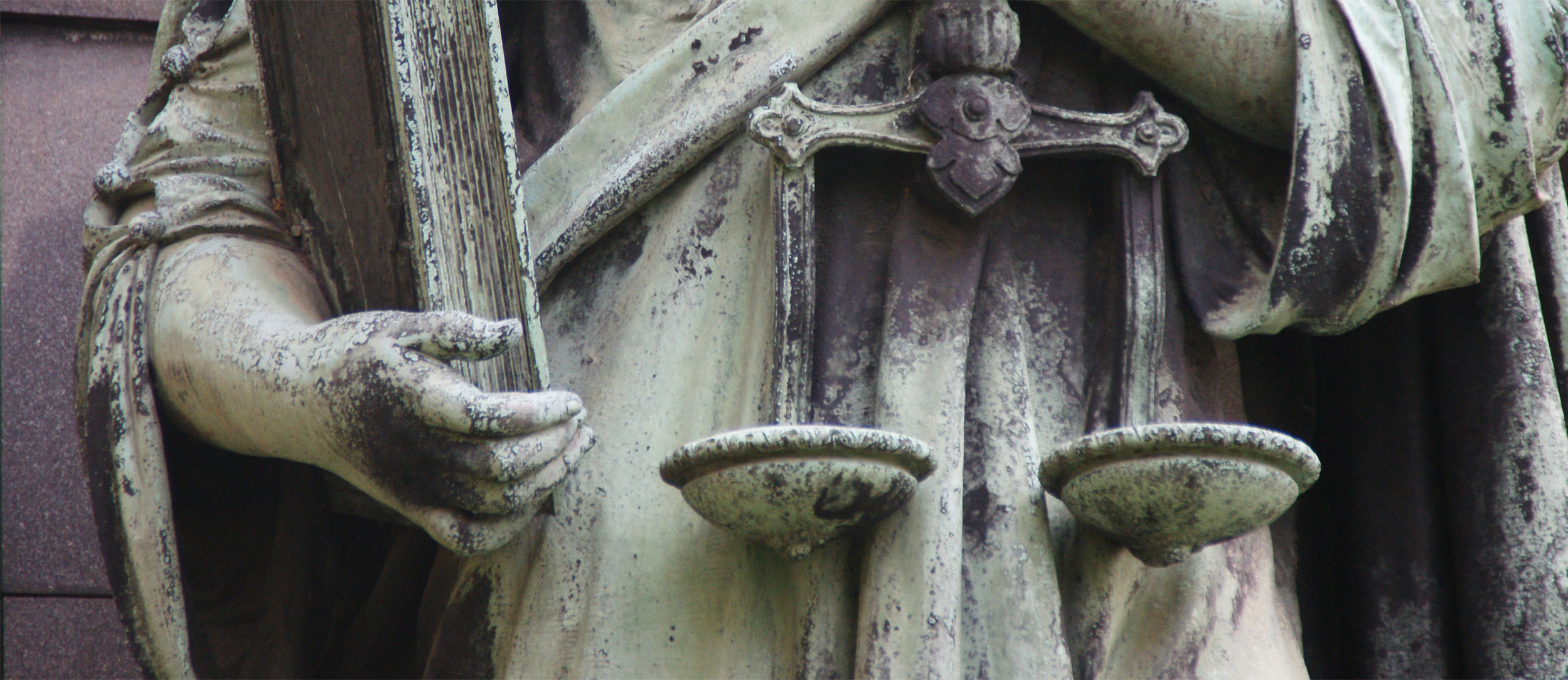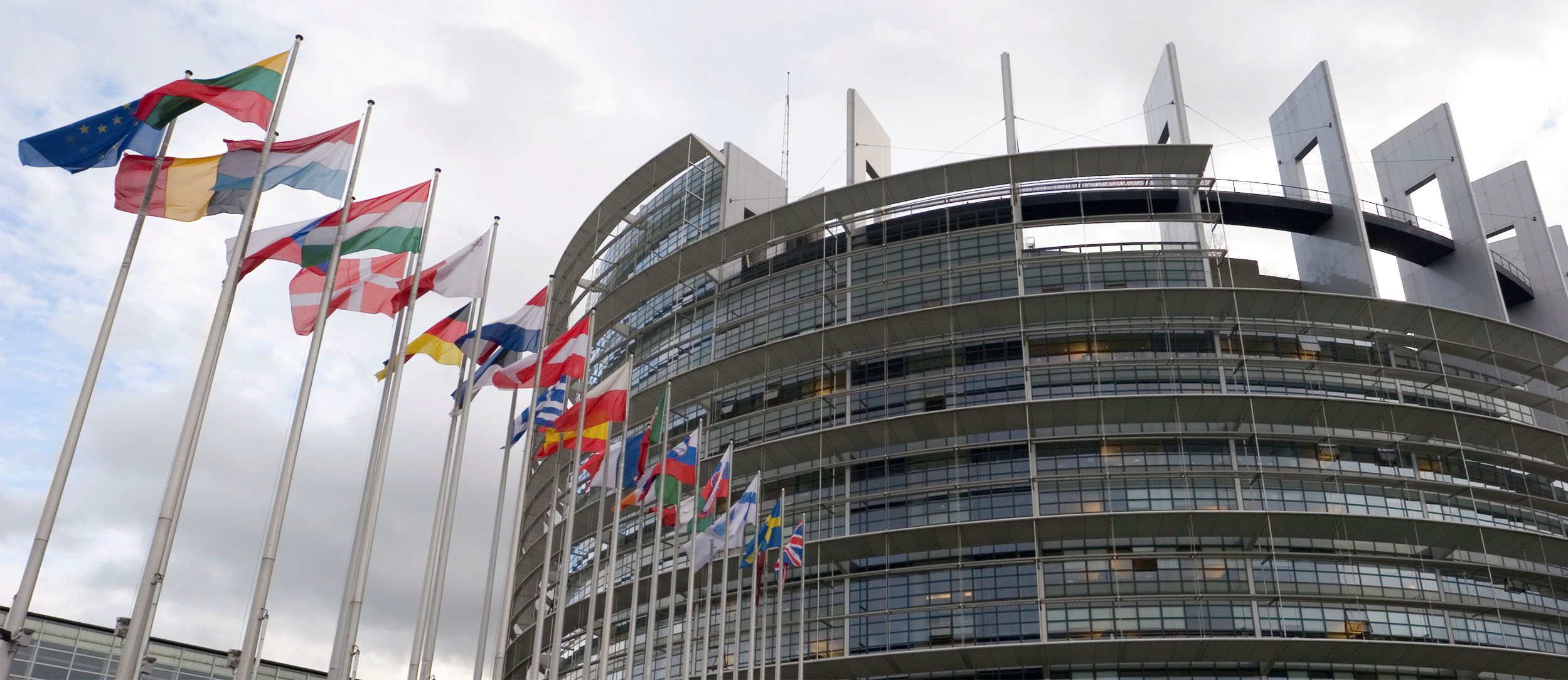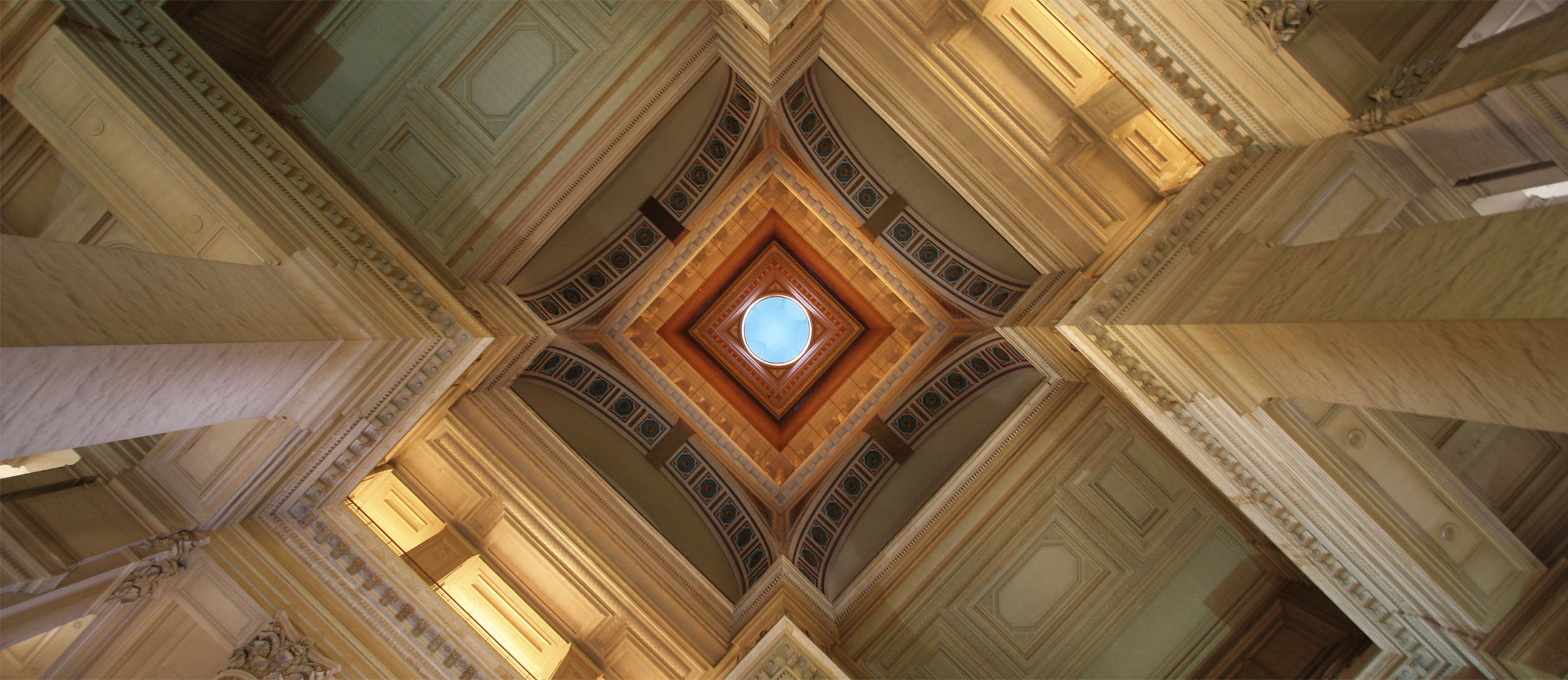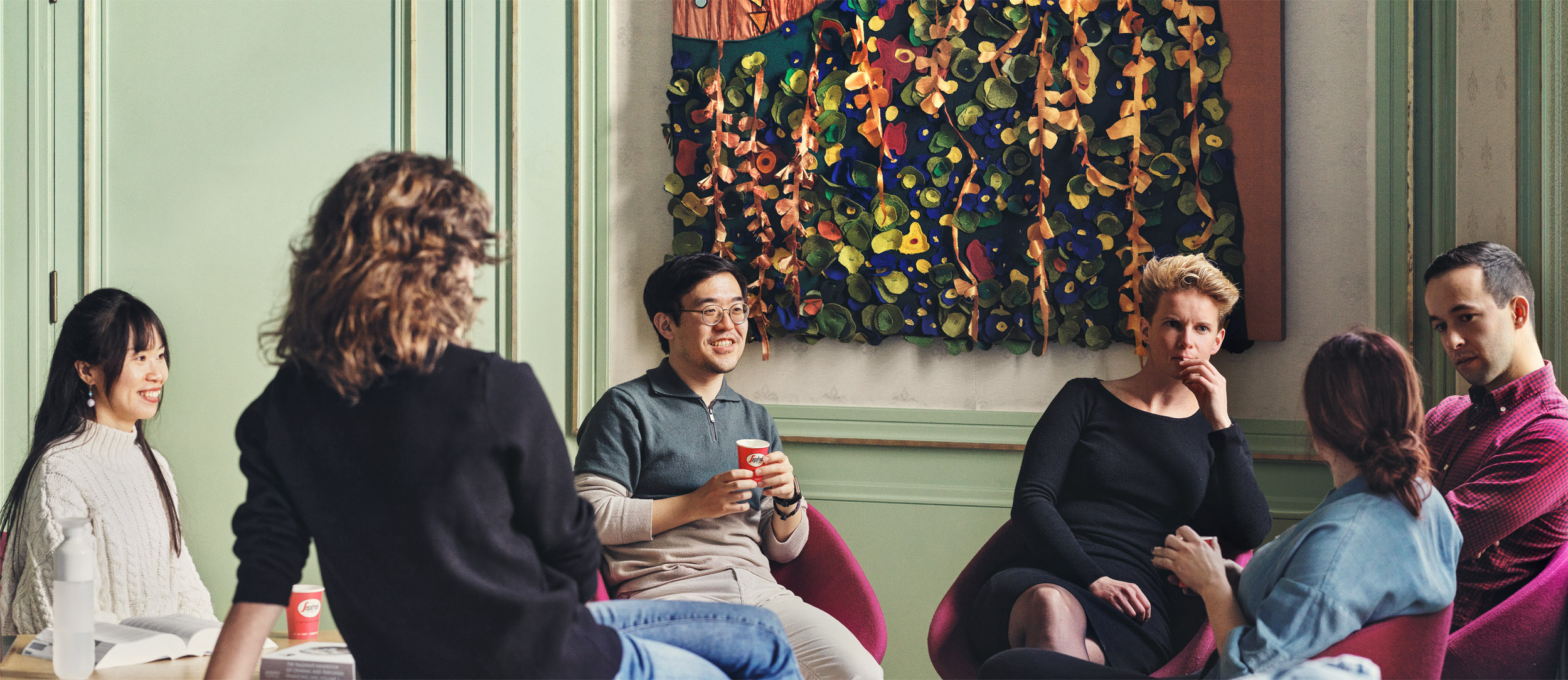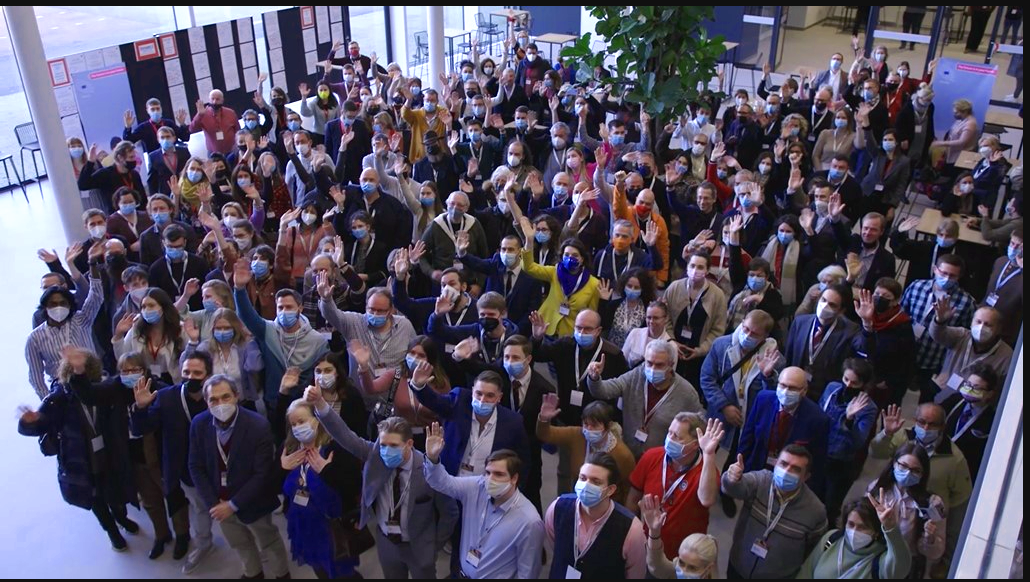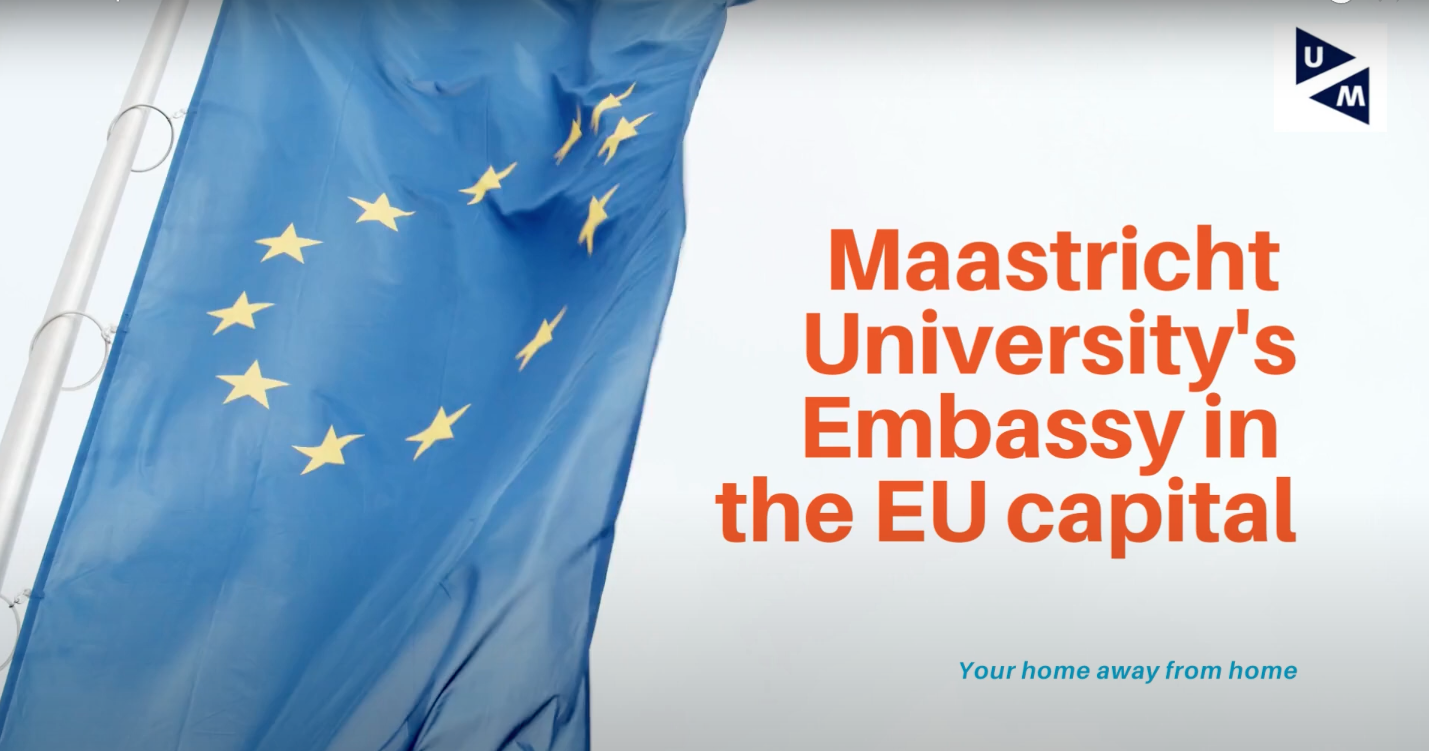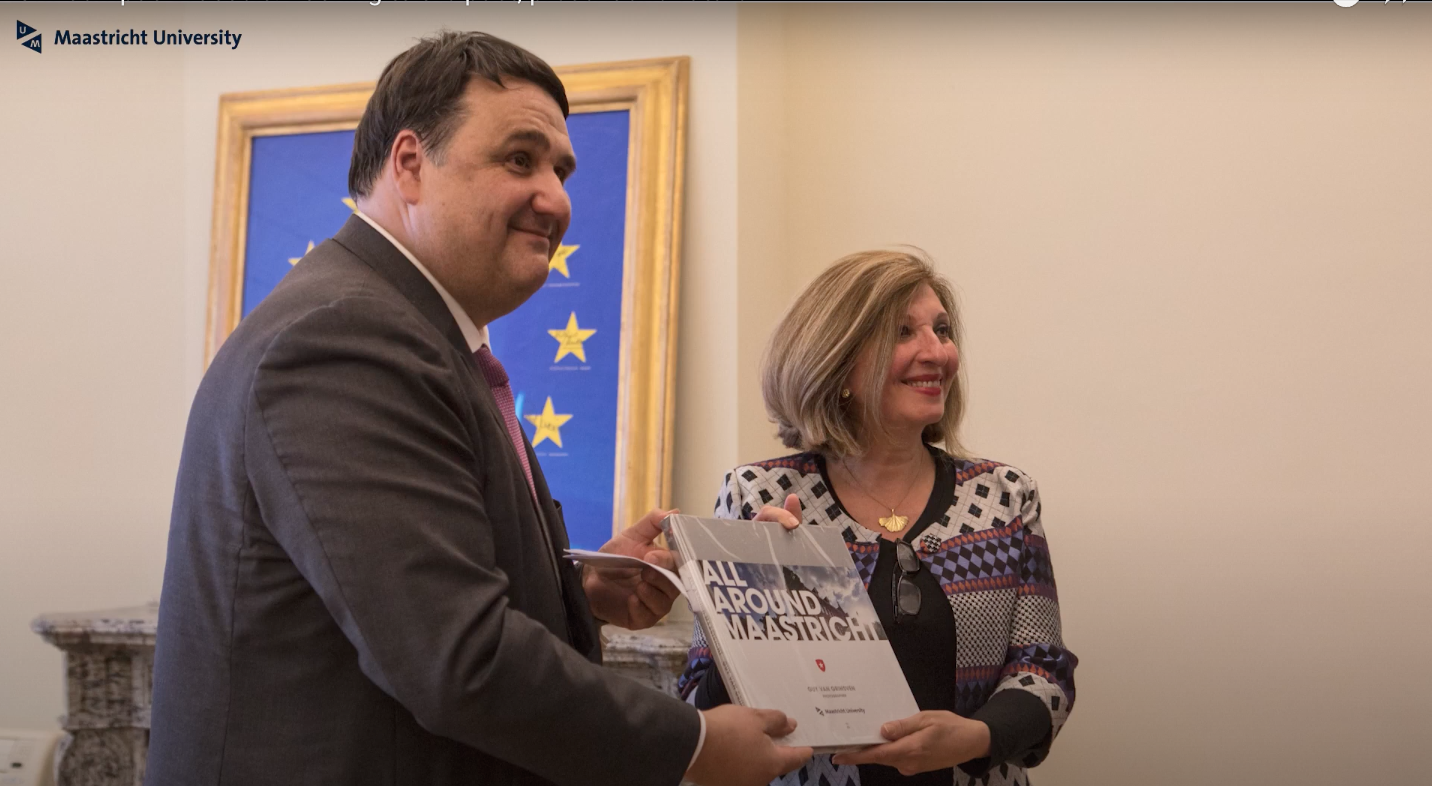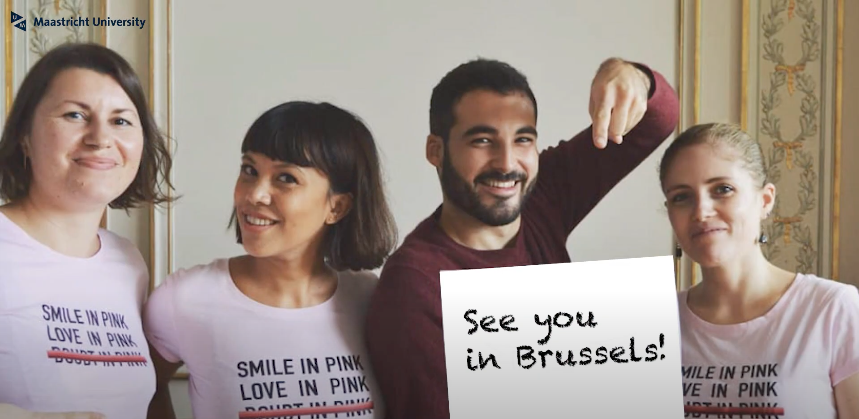DRAFT The European University
The European Dream is alive in Maastricht
The dream that was Europe took shape in the years following the 2nd World War, as the nations of a ruined continent rejected nationalism and imperialism in favour of cooperation and coexistence. No more would the people of Europe fight amongst each other for dominance and empire, but work together to create a new kind of society: not a nation-state, but a union of nations with many languages, cultures and experiences. Through their differences, Europeans would become a united people and stand together with the world’s other great powers to build a better future.
That lofty dream resulted in the Treaty of the European Union, signed in Maastricht in 1992, after which the citizens of 12 European nations could all say, ‘I am a European citizen’. Since that time, the European Dream has expanded to include 27 countries with 24 official languages and a population of over 440 million people. Maastricht, on the border of Belgium and Germany, has fully embraced this dream of a united and prosperous Europe, and has invested huge resources into making Maastricht University into THE European University of the Netherlands.
Research on European issues
Education on European issues
Public debate on Europe
Ambassador for Europe in Europe
Fast facts
- Based in the birthplace of the EU
- 3 Europe-themed bachelor's
- 6 Europe-themed master's
- 9 Europe research institutes
- Brussels Campus focused on Europe debate
- Studio Europa focused on the future of Europe
UM Position Paper
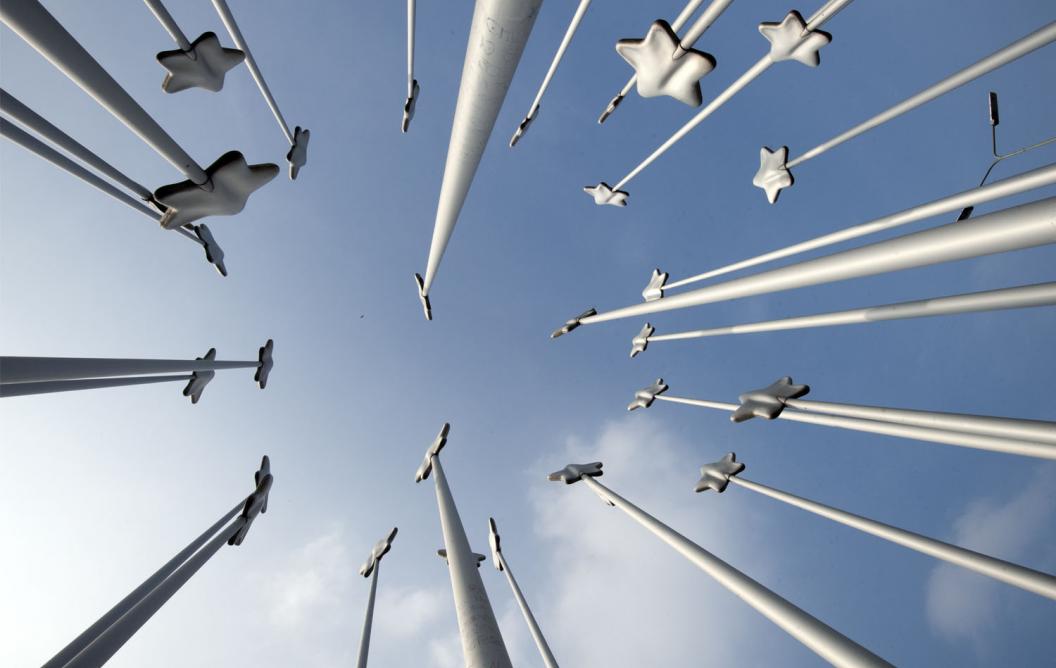
Lofty dreams, practical results
The idea comes first, the hard work comes next. And UM is working hard to make the principles of a united Europe into a practical reality.
Europe is a key feature of our education, research and outreach activities. We have dedicated Bachelor’s and Master’s programmes focusing on European issues. In these, more than 40% of students study abroad, half of these within Europe. Many UM alumni go on to pursue careers in European government, for European and international NGOs or for organisations dealing with European issues. What is more, research on European affairs is an integral part of not only our education programmes, but also our research institutes and graduate schools. UM also continually contributes to the public debate on European issues, both within the Netherlands and beyond.
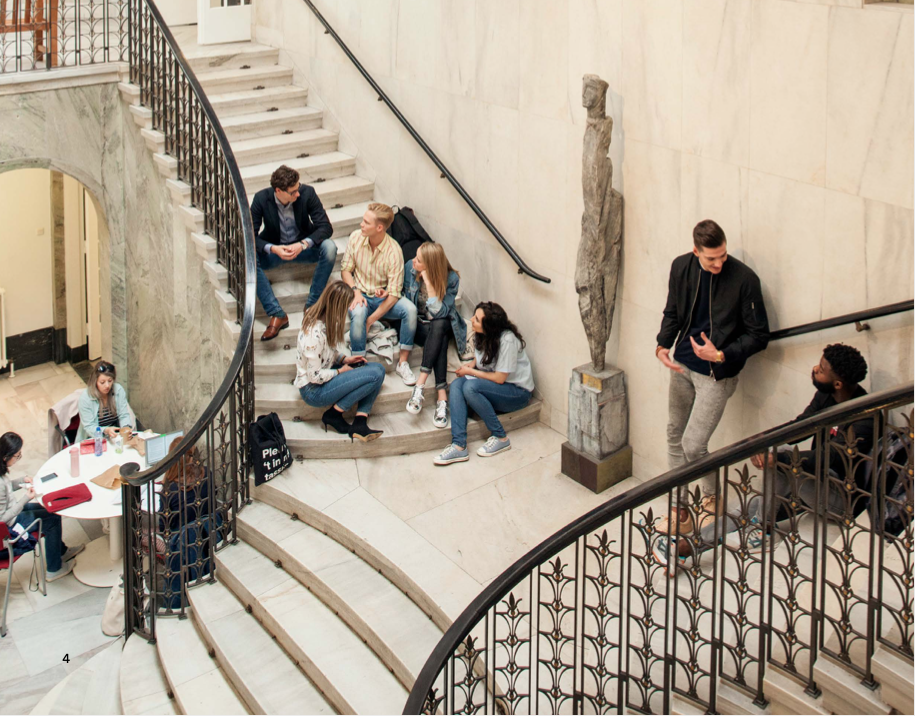
Europe is in our DNA
Our core values are diversity and inclusion, sustainability, mutual respect, integrity, democratic principles and transparency. We take our social responsibility seriously by forging links between the university and society, from the local to the global level. ...we hold ourselves accountable for the future of our world. This entails paying special attention to the urgent challenges of the 21st century, such as securing a sustainable future for our society. We endorse the SDGs, to which we contribute by critically assessing them while also working to achieve the intended outcomes through research, education and national and international collaboration.
UM Strategic Programme 2022-2026
'The European University of the Netherlands: A Caring & Sustainable University'
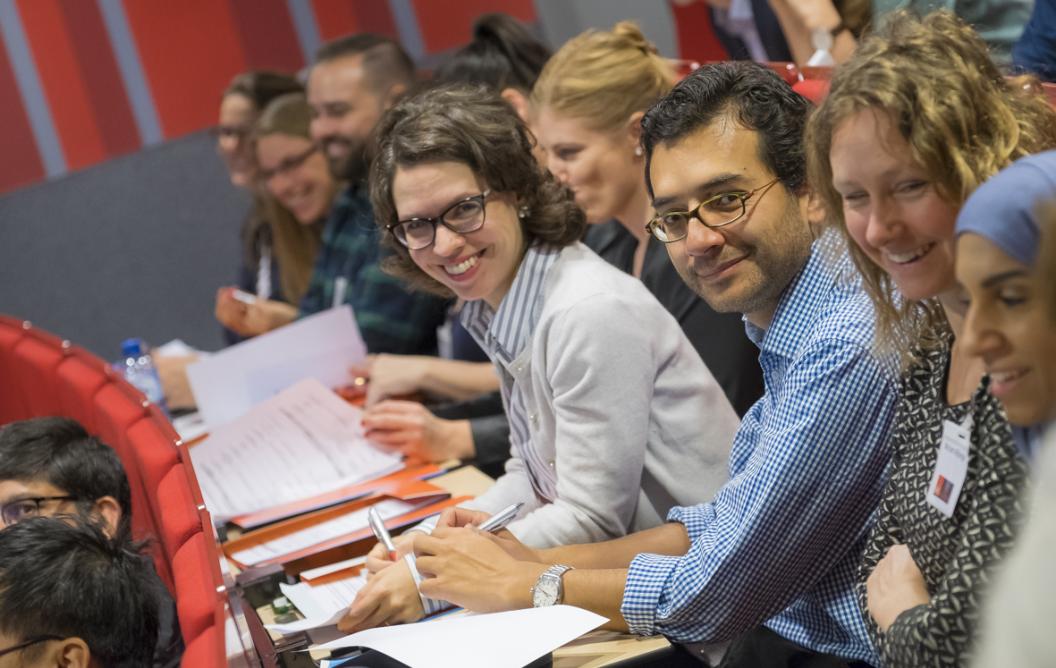
As the European University of the Netherlands, advanced research on European affairs is a major focus of UM’s research community. ‘Europe in a Globalising World’ is one of our four major research themes, and is integral to the efforts at our faculties. For example, Studio Europa Maastricht (SEM) pursues a research agenda that reaches from Democracy, Politics, Security & Rule-of-Law to Knowledge, Technology & Digitalisation. Or there’s the research programme Politics and Culture in Europe (PCE) at our Faculty of Arts and Social Sciences (FASoS), where researchers study the European Union and Europeanisation, contribute to debates on multilateralism and the global order, and explore narratives in transnational history.
UM is also integral to the Brightlands international, open-innovation community spread over four campuses in the EUregion. Every day 30,000 entrepreneurs, researchers and students contribute to the fields of materials, biomedical solutions, sustainable chemistry processes, health, agri food, data science and smart digital services.
An expertise centre for Europe
Maastricht University has become an expertise centre on Europe for people from all over the world and a living lab for international and intercultural collaboration. UM has many research institutes devoted to Europe and the European Union, researching topics ranging from politics to European law, from migration and cross-border mobility to governance and history. These include...

Education at Maastricht University reflects the process of European integration itself. Just as the EU is a union of different nations, languages, cultures and contexts, so is UM’s educational method a process of integration and inclusion where students’ differences become their strengths. Through our 3 pillars of international education: the International Classroom, Global Citizenship Education and Problem-Based Learning, students from not only the Netherlands but all over Europe and the wider world work together to learn about and find solutions to some of today’s greatest challenges. UM graduates go on to assume leadership roles throughout European organisations and government, NGOs and non-profits, in research and technology, and in businesses of every shape and size.
International and European issues are firmly rooted in almost every academic programme at Maastricht University and compose an integral part of our curriculum. What is more, our study programmes are replete with opportunities for study abroad, student exchange, double-degree programmes with other universities, travel opportunities and much more.
Academic programmes for studying Europe
True to its reputation as THE European University of the Netherlands, UM offers a wide array of degree programmes specifically devoted to European issues, both at the bachelor's and master's level. From law and governance to business and taxation to public health and technological innovation, we are preparing the next generation of leaders, scholars, researchers and innovators for the future of Europe. These programmes include...
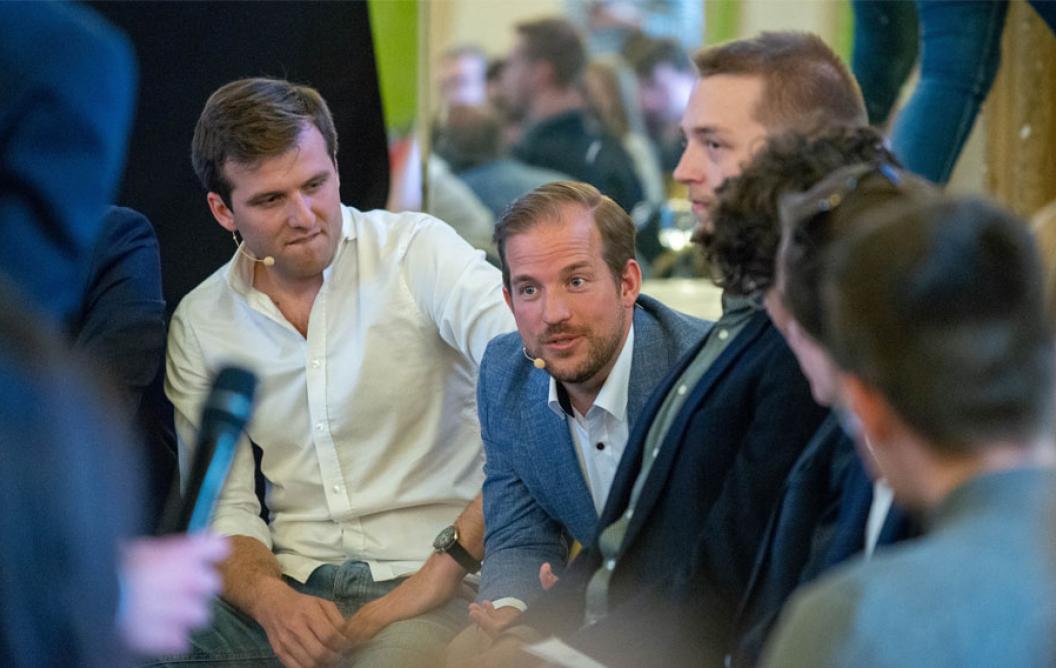
Questions about the future of Europe are abundant: How will Europe deal with geopolitical issues like Atlanticism or Eurasian integration? How will Europe ensure energy security in the coming decades? Will the EU continue to expand? Will EU members continue to integrate politically and economically? What will the future EU economy look like? Will the European citizenry have a greater democratic voice in the future policies of the European Union?
Maastricht University is committed to facilitating academic discussion and debate on these topics, and on democratic platforms that give voice to EU citizens, contributing to public discussion and outreach activities on Europe and the EU. We organise European debate, research and expertise centres that address these difficult issues. Alongside our faculties, these centres have created an ongoing, constructive public dialog on the future of Europe and the EU, on geopolitical topics that affect Europe, and on international trends that affect Europe and the wider world.
Democratic debate for academics and the European citizenry
Among these debate centres are Studio Europa Maastricht (SEM), a centre of expertise for Europe-related debate and research, UM Campus Brussels, an inter-faculty community hub for teaching and research in the EU capital of Brussels, ITEM research institute, an interdisciplinary institute working in the domain of cross-border mobility and cooperation, CERiM research institute, a Jean Monnet Centre of Excellence creating joint projects and events in the fields of European law, governance, and their respective history, and the YUFE network, one of 17 alliances of European universities selected by the European Commission to develop and implement the European University. These organisations have held events like...
Foundational discussions for the future
Fireplace Talks, the RELAY Network & more
The Fireplace Talks were an event series creating an open space for conversation between academics, practitioners, and the audience. Each Talk was dedicated to a prominent global issue or a trending topic. RELAY was a project for discussing the European Commission’s political guidelines and work programme with a wide and diverse array of stakeholders. Read more about these and other event series like What’s Up, EU? on Campus Brussels web pages.
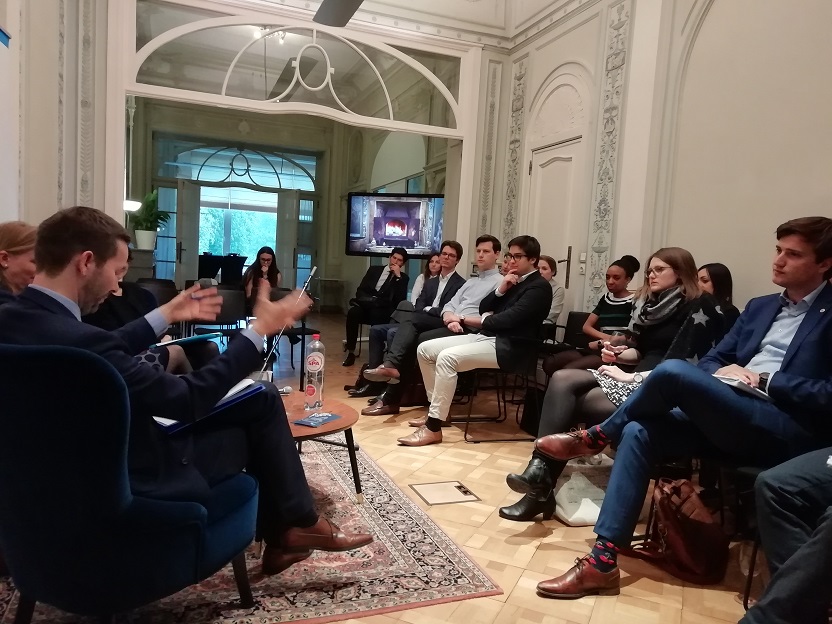
Jean Monnet Lecture Series
Since 2008, CERiM has organized four Jean Monnet Lectures per year. During these lectures our community and researchers engage with relevant topics, discover new research perspectives and exchange views and opinions. JM Lectures are open to the public and given by prominent scholars or experts in the field.
Learn more about the lecture’s series’ namesake Jean Monnet
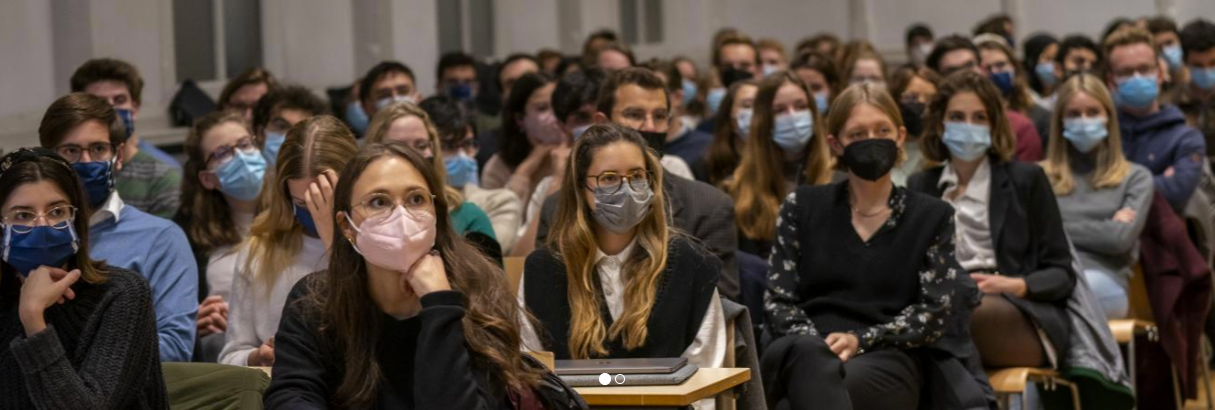
The ITEM cross-border portal
ITEM maintains a Cross-border Portal that provide recent information about the work of ITEM in cross-border mobility issue in the news and publications. The Portal is regularly updated with relevant information on the European, national and regions levels. What is more, ITEM provides in-depth legal information, test cases and a Case Database with analysed and anonymized cases. There you’ll find previously submitted questions and cases handled by ITEM researchers. You can also submit a new case to ITEM.
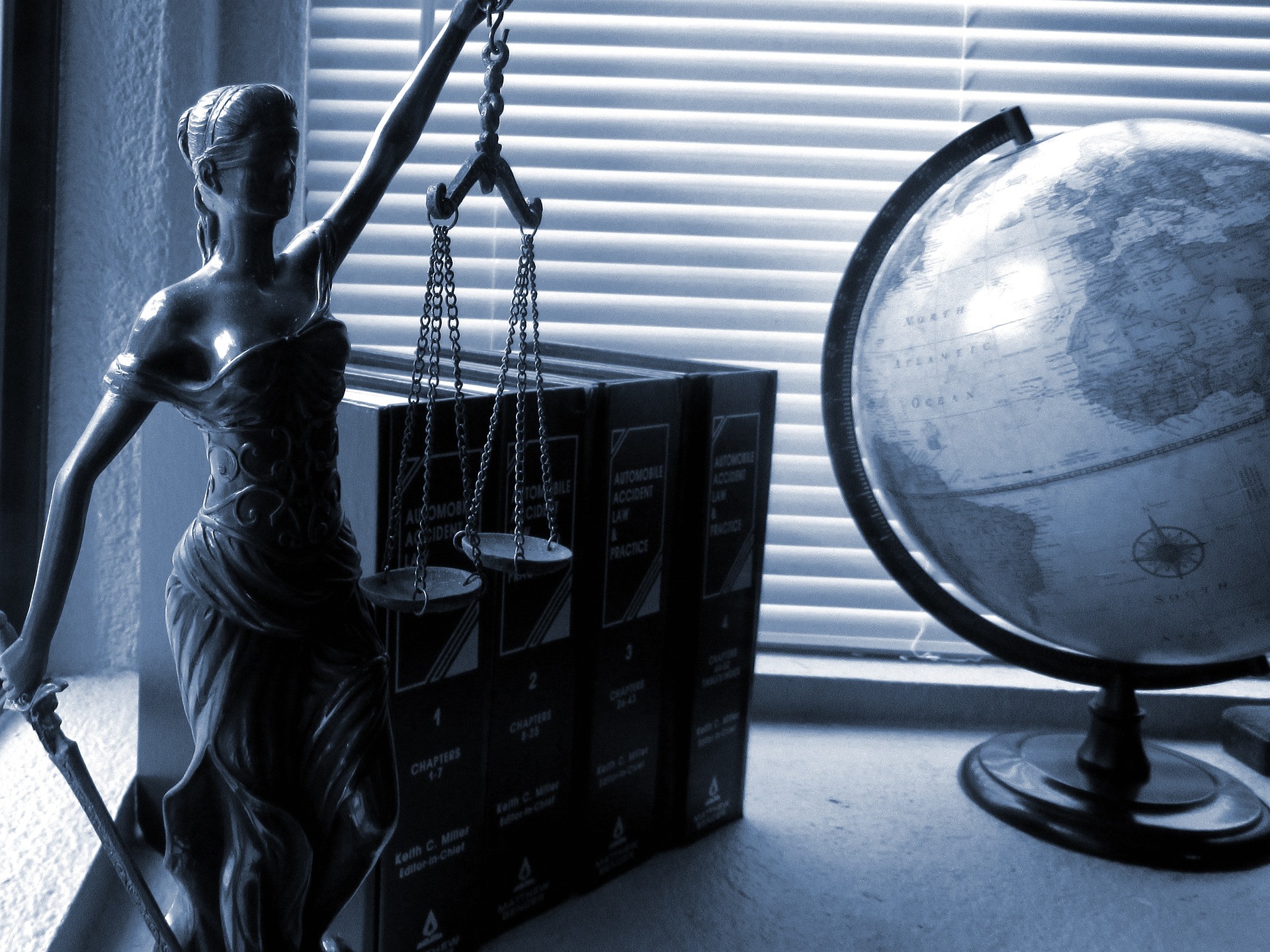
YUFE Academy lectures and workshops
The YUFE Academy is a series of lectures, workshops and activities on “Citizens wellbeing” that are given along the network of YUFE campuses. It’s a platform aimed at strengthening European identity, raising awareness about social issues, providing solutions to global and local challenges, and making an impact on EU Citizens.

Maastricht Debates
The last Maastricht Debate took place in April 2019 with the lead candidates of the European political parties for the role of European Commission President. The 90-minute event was broadcast live across the European Union. This was a follow-up to the previous debate five years earlier in 2014 where European Commission President Juncker defended his vision for Europe and outlined what he would do if elected.
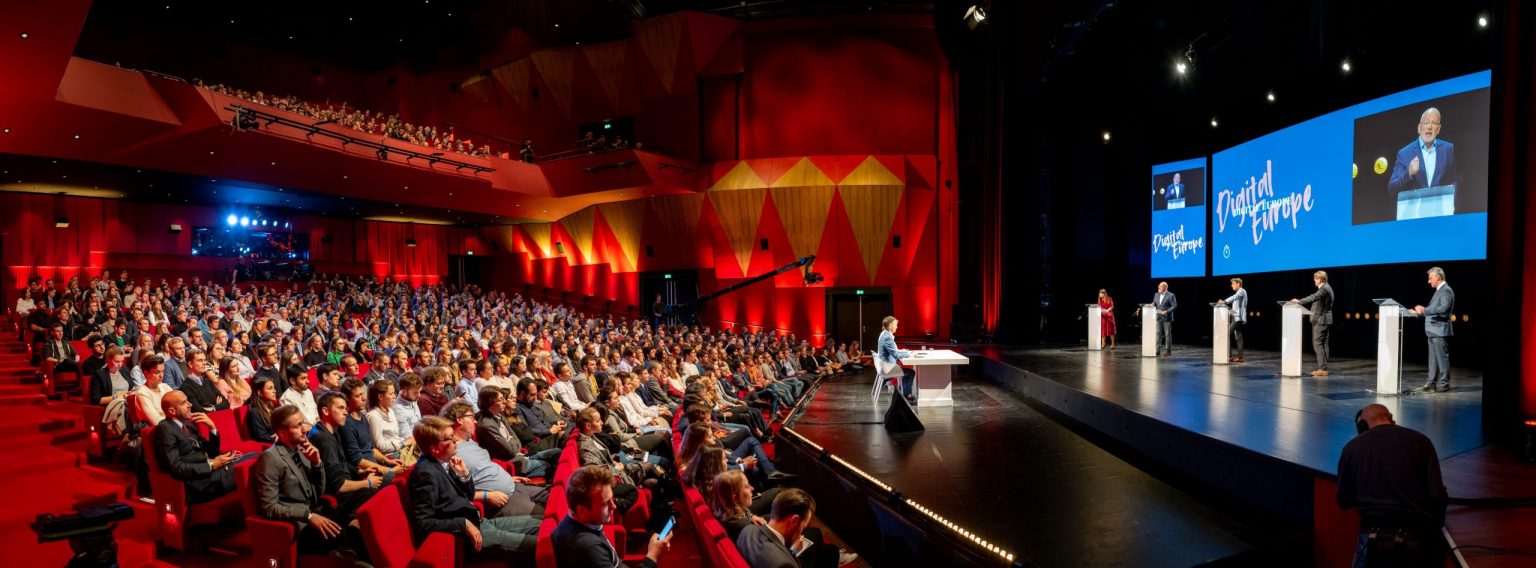
-
Studio EuropaEuropean Citizen Panel on EU in the world: Migration
-
Campus BrusselsFireplace Talks, the RELAY Network & more
-
CERiMJean Monnet Lecture Series
-
ITEMThe ITEM cross-border portal
-
YUFE Campuses including UMYUFE Academy lectures and workshops
-
Studio Europe with City of Maastricht, Province of Limburg, European Youth Forum and European Journalism CentreMaastricht Debates
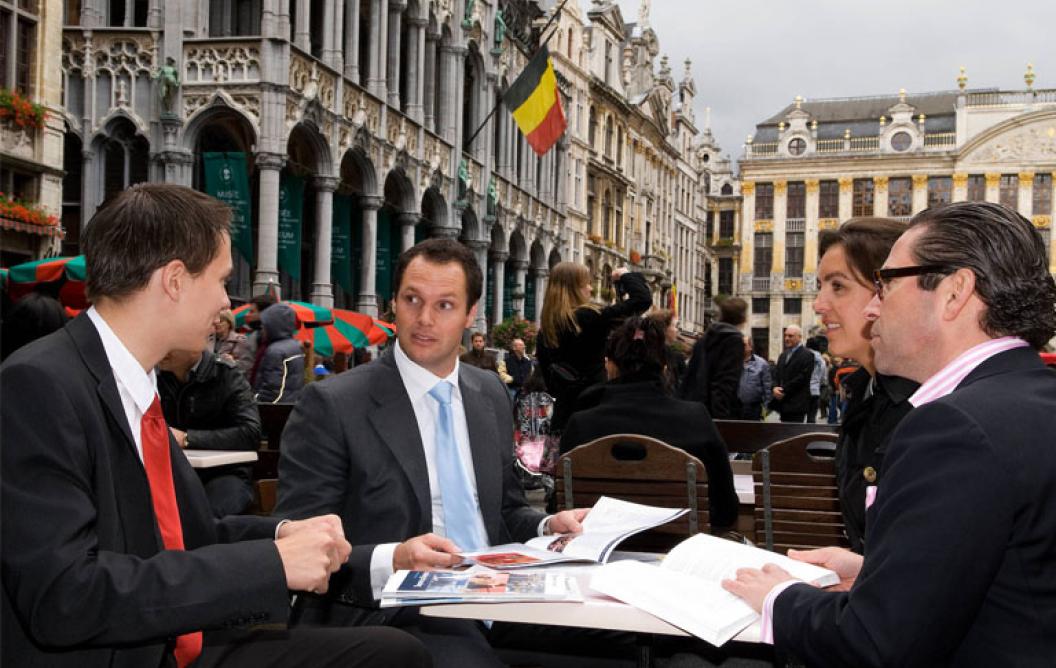
As THE European University of the Netherlands, UM has not only created a dynamic array of Europe-themed bachelor’s and master’s programes and established many research institutes whose primary focus is Europe and the EU. It is also the only Dutch university to have set up a Campus in Brussels, the capital of the European Union, as an inter-faculty hub for teaching, research and outreach.
Since 2010, Campus Brussels offers education and training for professionals through executive courses, a part-time Ph.D. programme in European Studies for UM alumni and Brussels-based practitioners, and acts as an events venue for discussing Europe and the future of the EU for students, staff, alumni and others.
Located next to the European Quarter, Campus Brussels has four full-time administrative staff and two part-time academic directors, and functions as an ‘EU embassy’ to connect UM to EU politicians and policy-makers and monitor EU education, science and research policy developments. Campus Brussels also furthers UM’s internationalisation strategy and Europe policy.
